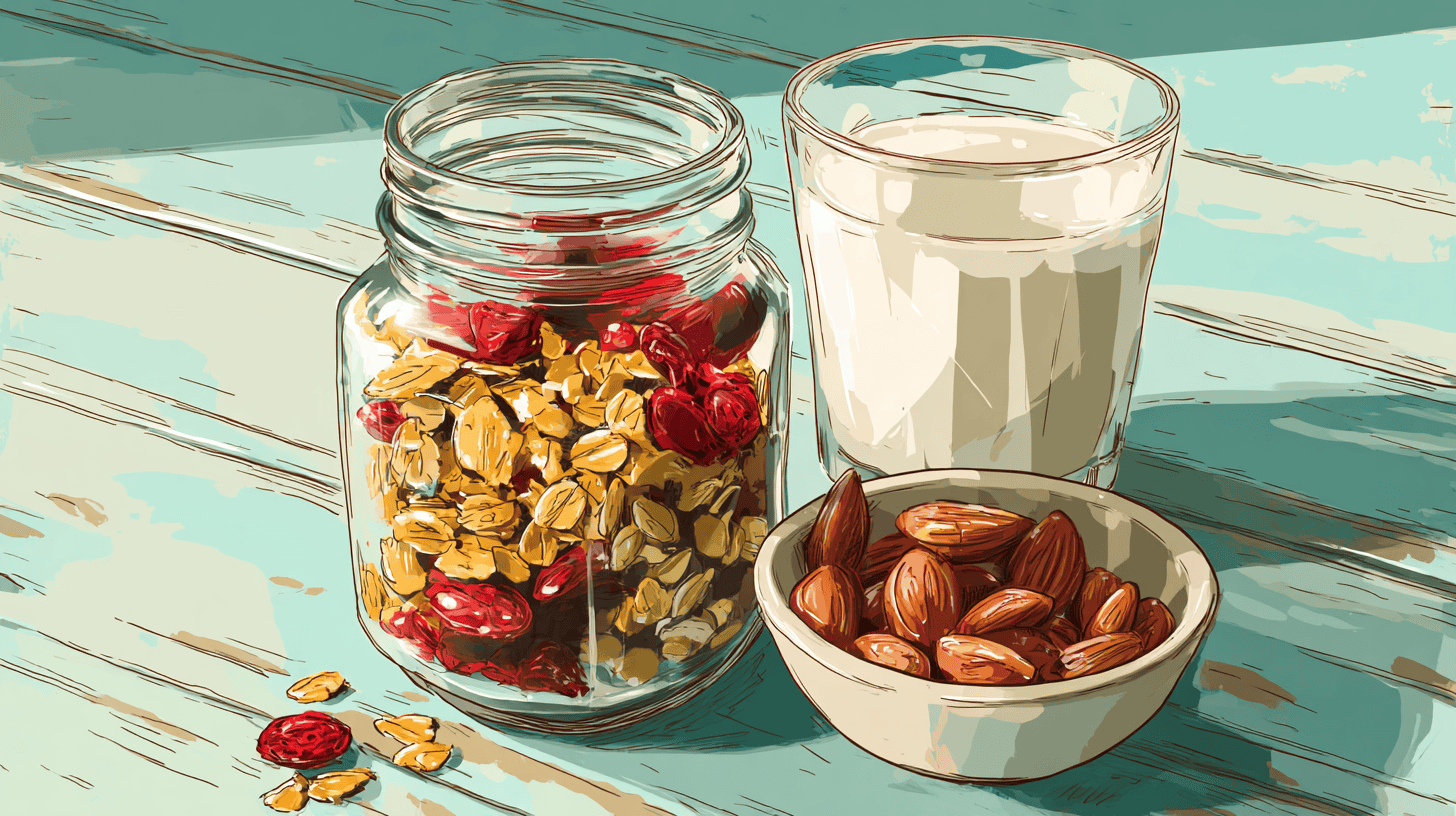How to Avoid Sugar at Holiday Parties with Practical Tips for Lasting Control
How to Avoid Sugar at Holiday Parties with Practical Tips for Lasting Control Holiday parties are loaded with tempting sweets, making it tough to dodge sugar. To avoid sugar at holiday parties, try eating before you go, pick healthier drinks, and maybe bring your own low-sugar dish. These tricks help you stay in control and … Read more




